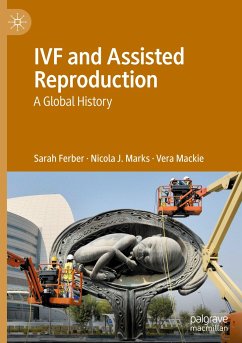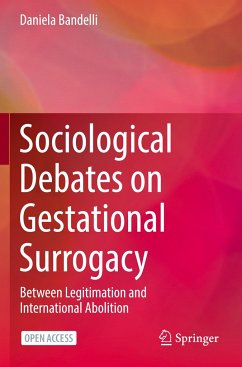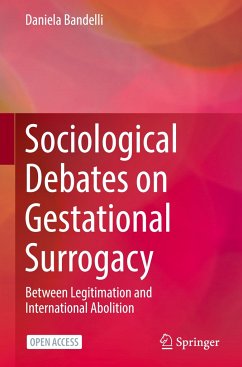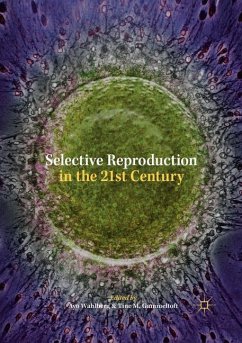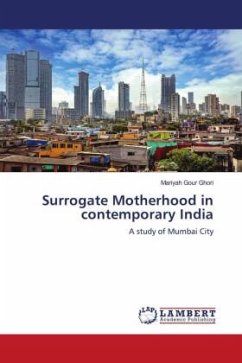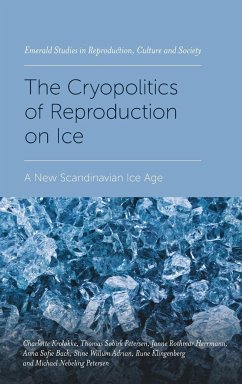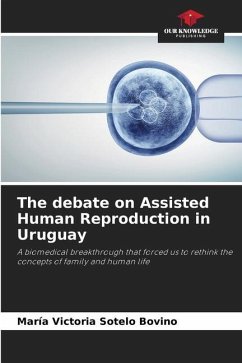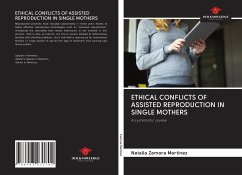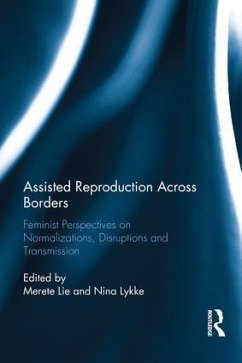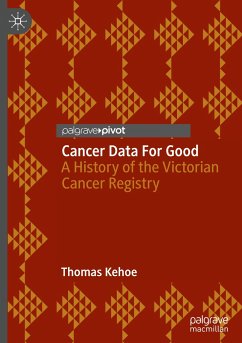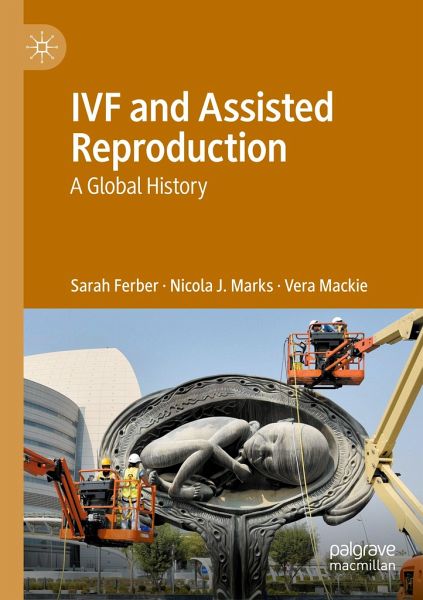
IVF and Assisted Reproduction
A Global History
Versandkostenfrei!
Versandfertig in 6-10 Tagen
68,99 €
inkl. MwSt.
Weitere Ausgaben:

PAYBACK Punkte
34 °P sammeln!
This is the first transnational history of IVF and assisted reproduction. It is a key text for scholars and students in social science, history, science and technology studies (STS), cultural studies, and gender and sexuality studies, and a resource for journalists, policymakers, and anyone interested in assisted reproduction. IVF was seen as revolutionary in 1978 when the first two IVF babies were born, in the UK and India. Assisted reproduction has now contributed to the birth of around ten million people. The book traces the work of IVF teams as they developed new techniques and laid the fo...
This is the first transnational history of IVF and assisted reproduction. It is a key text for scholars and students in social science, history, science and technology studies (STS), cultural studies, and gender and sexuality studies, and a resource for journalists, policymakers, and anyone interested in assisted reproduction. IVF was seen as revolutionary in 1978 when the first two IVF babies were born, in the UK and India. Assisted reproduction has now contributed to the birth of around ten million people. The book traces the work of IVF teams as they developed new techniques and laid the foundations of a multi-billion-dollar industry. It analyses the changing definitions and experience of infertility, the markets for eggs and children through surrogacy, cross-border reproductive treatment, and the impact of regulation. Using interviews with leading IVF figures, archives, media reports, and the latest science, it is a vital addition to the field of reproduction studies.
'This pathbreaking account of the global forces behind the rapid rise of the fertility industry is the first to offer such a truly comprehensive overview of this hugely important topic.'
-Sarah Franklin, Chair of Sociology, University of Cambridge
'In this compelling overview of one of the most significant technological and social interventions ever developed, the cultural and scientific imaginaries of assisted reproduction meet the obdurate histories of laboratory experiments, biological materials, and personal quests. It is an indispensable read for anyone interested in IVF and assisted reproduction.'
-Andrea Whittaker, Professor of Anthropology, Monash University
'This pathbreaking account of the global forces behind the rapid rise of the fertility industry is the first to offer such a truly comprehensive overview of this hugely important topic.'
-Sarah Franklin, Chair of Sociology, University of Cambridge
'In this compelling overview of one of the most significant technological and social interventions ever developed, the cultural and scientific imaginaries of assisted reproduction meet the obdurate histories of laboratory experiments, biological materials, and personal quests. It is an indispensable read for anyone interested in IVF and assisted reproduction.'
-Andrea Whittaker, Professor of Anthropology, Monash University



